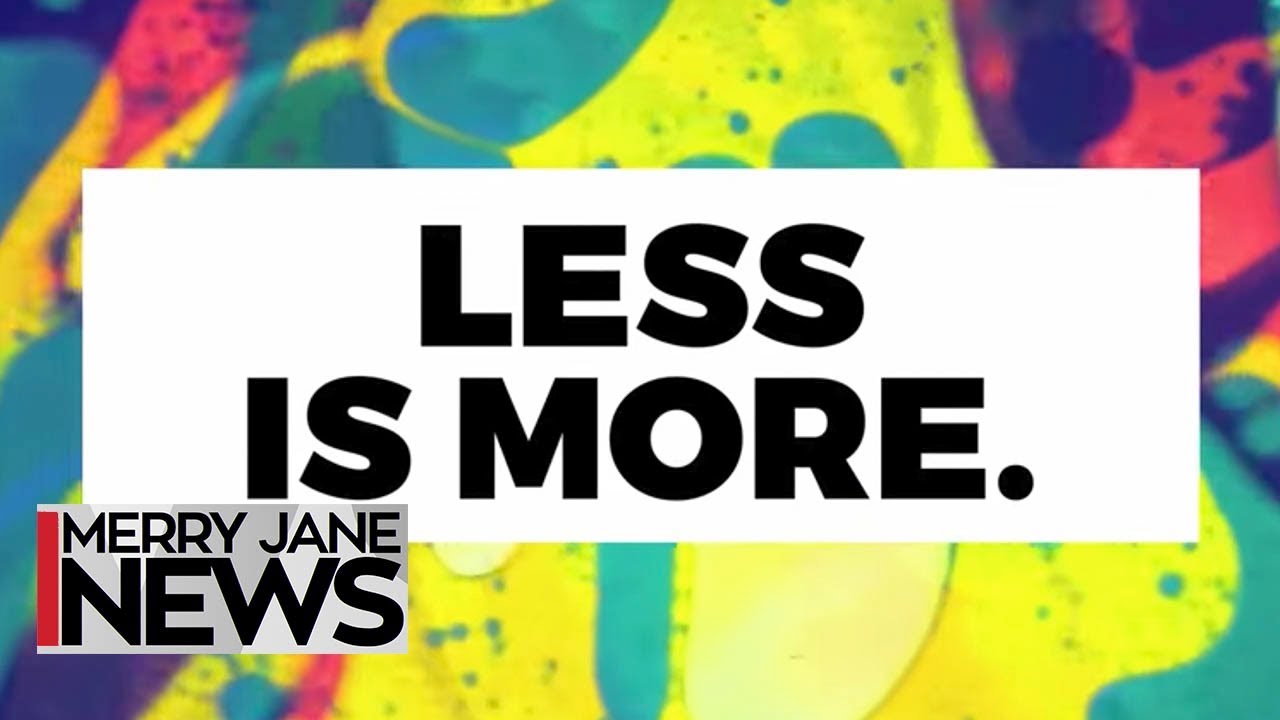Photo via iStock/ TheCrimsonRibbon
In an attempt to right the wrongs of decades of racially biased cannabis enforcement, California voters approved an act of social justice reform as part of Proposition 64, the ballot measure that legalized recreational pot in the state two years ago. The new law allows any state resident with a current or former marijuana conviction to have their sentence reduced or to have their older records cleared.
Californians looking to avail themselves of these new opportunities, however, must take matters into their own hands, and the process requires time and money, which may be in short supply to low-income or minority individuals most often convicted of marijuana crimes. In order to speed up this process, District Attorney's offices in San Francisco, San Diego, and several other towns and cities announced that they would begin identifying and clearing eligible convictions themselves.
The task of identifying and clearing old convictions is easier said than done, often requiring full-time staff to manually dig up old case files and records. In January, San Francisco District Attorney George Gascón announced that his office was working on clearing over 3,000 misdemeanor pot cases while investigating a further 5,000 felonies to determine if they could be reduced. Since the announcement, his office has only been able to process 962 motions to dismiss convictions, and so far only 428 dismissals have been granted.
Without outside help, this process could grind on for years, but fortunately for California cannabis convicts, nonprofit technology group Code for America (CfA) has decided to offer their assistance. The organization is kicking off a pilot program in San Francisco that will automatically fill out the necessary forms and generate a completed motion in PDF format. Eligible individuals will not need to take any action to get their records cleared, and the amount of work for the DA office staff will be greatly reduced, dramatically accelerating the process.
“We have for a long time noticed a gap between what voters [were] promised [in] Prop 64 and what’s actually happening by people affected by those propositions, and we’ve been looking for ways to close that gap in the context of our overall mission, which is that government should work better in the digital age,” CfA Executive Director Jennifer Pahlka said to Government Technology.
“When the government uses 20th-century tools to tackle 21st-century problems, it’s the public that pays the price,” Gascón said to SF Weekly. “California has decriminalized recreational cannabis use, but a marijuana conviction continues to serve as a barrier to employment, housing, student loans and more. Lack of access to employment and housing are two primary drivers of recidivism, so until we clear these records it’s government that is effectively holding these people back and impeding public safety. I’m hopeful that this partnership will inspire many prosecutors who have cited resource constraints to join this common-sense effort and provide this relief.”
If the pilot program is a success in San Francisco, it is likely to expand throughout the state. CfA have already planned to push the pilot to as many as five additional counties, with the end goal of clearing 250,000 convictions by 2019. Pahlka said that she would also be open to bringing the pilot program to other states, like Washington and Vermont, that are also beginning to allow cannabis offenders to clear their records.











